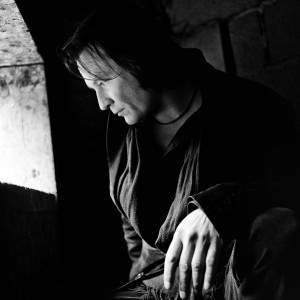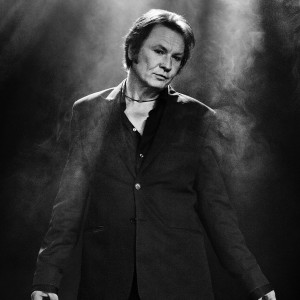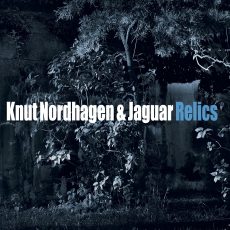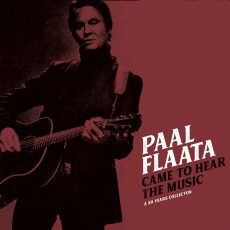Paal Flaata interprets the master: Come Tomorrow: Songs of Townes van Zandt. It is by no means an unfamiliar phenomenon that it is only when the last piece is fitted into a jigsaw puzzle that the entire picture becomes clear, and here’s the last album of Paal Flaata’s trilogy. The new third album of the trilogy, Come Tomorrow: Songs of Townes van Zandt, joins Wait by the Fire: Songs of Chip Taylor (2012) and Bless Us All: Songs of Mickey Newbury (2014) to form an indispensable, complementary release. Townes van Zandt’s songs have always held a special place in Paal’s heart, and he had a firm foundation for choosing the ten songs that constitute “Come Tomorrow”. The selection of Townes van Zandt’s songs that can be heard on Come Tomorrow is drawn from the period from 1968 to 1978, and bears witness to a profound understanding of the artist and a good deal of research.The songs are presented in arrangements that preserve their poetic and melodic power with acute sensitivity. From the French horn in the opening of “Flying Shoes”, played by Rune Brodahl, to Lise Voldsdal’s strings on the closing track, “Snow Don’t Fall”, these interpretations assume their rightful place as an elegant and distinctive addition to the impressive canon of van Zandt’s compositions.The title cut, “Come Tomorrow”, Paal sings as a duet with his daughter Maia Flaata. Come Tomorrow: Songs of Townes van Zandt was recorded at Amper Tone Studio in Oslo, and was produced by Gøran Grini and Paal Flaata. This release is Paal Flaata’s seventh solo album.
More
Paal Flaata interprets the master: Come Tomorrow: Songs of Townes van Zandt
Poetic and melodic power
The new third album of the trilogy, Come Tomorrow: Songs of Townes van Zandt, joins Wait by the Fire: Songs of Chip Taylor (2012) and Bless Us All: Songs of Mickey Newbury (2014) to form an indispensable, complementary release. Townes van Zandt’s songs have always held a special place in Paal’s heart, and he had a firm foundation for choosing the ten songs that constitute “Come Tomorrow”. The selection of Townes van Zandt’s songs that can be heard on Come Tomorrow is drawn from the period from 1968 to 1978, and bears witness to a profound understanding of the artist and a great deal of research.The songs are presented in arrangements that preserve their poetic and melodic power with acute sensitivity. From the French horn in the opening of “Flying Shoes”, played by Rune Brodahl, to Lise Voldsdal’s strings on the closing track, “Snow Don’t Fall”, these interpretations assume their rightful place as an elegant and distinctive addition to the impressive canon of van Zandt’s compositions.The title cut, “Come Tomorrow”, Paal sings as a duet with his daughter Maia Flaata. Come Tomorrow: Songs of Townes van Zandt was recorded at Amper Tone Studio in Oslo, and was produced by Gøran Grini and Paal Flaata. This release is Paal Flaata’s seventh solo album.

















